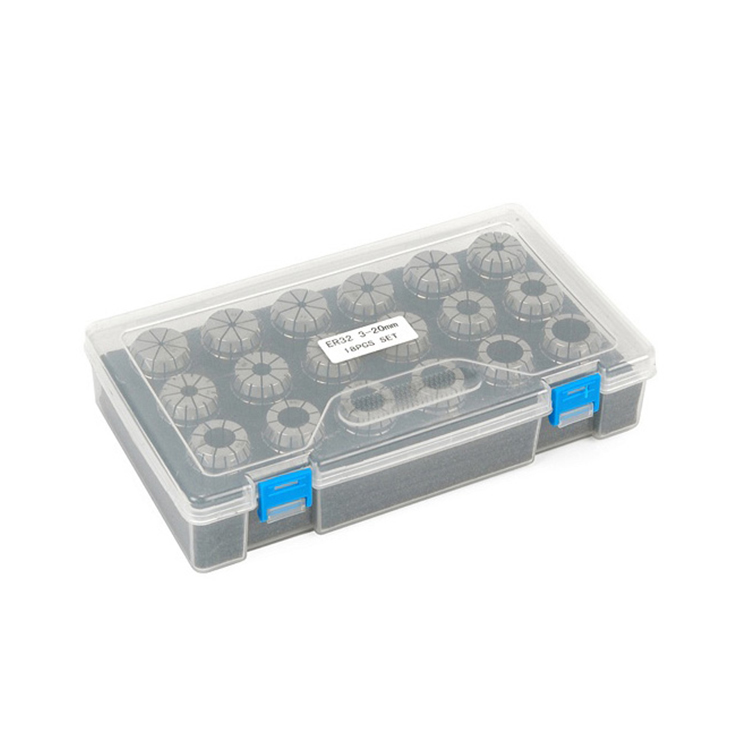plug taps Suppliers
Plug taps are essential tools for creating internal threads in various materials. They offer a balance between ease of use and thread quality, making them a popular choice in many industries. This guide provides a detailed overview of plug taps, covering their types, applications, selection criteria, and best practices for use, ensuring you choose the right tool for your threading needs.
Understanding Plug Taps
Plug taps, also known as second taps, are a type of hand tap used to cut internal threads in pre-drilled holes. They are characterized by their semi-tapered cutting edges, which allow for easier starting and alignment compared to bottoming taps, but provide a more complete thread than a taper tap. The tapered portion typically extends for 3-5 threads.
Key Features of Plug Taps
- Tapered Cutting Edges: Enables easier starting and alignment in pre-drilled holes.
- Versatile Threading: Suitable for a wide range of materials and threading applications.
- Semi-Complete Threads: Creates threads that are nearly full-form, ideal for general-purpose use.
Types of Plug Taps and Their Applications
Plug taps come in various materials, coatings, and thread forms to suit different applications. Here’s a breakdown of common types:
Material Types
- High-Speed Steel (HSS): A general-purpose material suitable for threading steel, aluminum, and plastics. HSS taps offer a good balance of hardness and toughness.
- Cobalt Steel (HSCO): Contains cobalt, which increases heat resistance and wear resistance. Ideal for threading tougher materials like stainless steel and heat-treated alloys.
- Carbide: Extremely hard and wear-resistant, suitable for high-volume production threading of abrasive materials.
Coating Types
- Bright Finish: An uncoated tap that is suitable for general-purpose threading.
- Titanium Nitride (TiN): A hard, wear-resistant coating that increases tool life and reduces friction.
- Titanium Carbonitride (TiCN): Offers even greater hardness and wear resistance than TiN, making it suitable for more demanding applications.
- Black Oxide: A surface treatment that provides mild corrosion resistance and reduces friction.
Thread Forms
- Unified National Coarse (UNC): A common thread form for general-purpose applications.
- Unified National Fine (UNF): Provides greater thread engagement and strength than UNC, suitable for applications requiring higher holding power.
- Metric Coarse (M): The standard metric thread form.
- Metric Fine (MF): Offers finer threads than metric coarse, providing higher precision and strength.
Selecting the Right Plug Taps
Choosing the appropriate plug taps is crucial for achieving accurate and reliable threads. Consider the following factors:
Material of the Workpiece
The material being threaded significantly impacts tap selection. Softer materials like aluminum can be threaded with HSS taps, while harder materials like stainless steel require HSCO or carbide taps. For example, tapping threads in stainless steel might require a cobalt tap with a TiCN coating for optimal performance.
Thread Size and Pitch
Ensure the tap matches the required thread size and pitch. Use thread gauges to verify the accuracy of the threads produced. Consult the manufacturer's specifications for the recommended drill size for the specific tap.
Hole Preparation
Proper hole preparation is essential for successful threading. The hole must be drilled to the correct size and be free of burrs or debris. Chamfering the hole entrance helps to guide the tap and prevent cross-threading.
Application Requirements
Consider the specific requirements of the application, such as the required thread depth, thread strength, and environmental conditions. Choose a tap with the appropriate features and coatings to meet these requirements.
Best Practices for Using Plug Taps
Following best practices ensures optimal performance and extends the life of your plug taps:
Lubrication
Use an appropriate cutting fluid to reduce friction and heat, which helps to improve thread quality and extend tap life. Different materials require different cutting fluids. For example, threading aluminum often requires a cutting fluid designed specifically for non-ferrous metals. Wayleading Tools offers a range of cutting fluids suitable for various materials. Visit www.wayleading.com for more information.
Speed and Feed
Use the correct speed and feed rate for the tap and material. Too high a speed can cause the tap to overheat and break, while too low a speed can lead to poor thread quality. Consult the tap manufacturer's recommendations for optimal speed and feed rates.
Tap Alignment
Ensure the tap is properly aligned with the hole to prevent cross-threading. Use a tap wrench to apply even pressure and avoid forcing the tap. Back off the tap periodically to break the chips and prevent clogging.
Cleaning and Maintenance
Clean the tap after each use to remove chips and debris. Store the tap in a dry place to prevent corrosion. Regularly inspect the tap for wear or damage and replace it as needed.
Troubleshooting Common Issues
Even with best practices, issues can arise. Here are solutions to common problems:
- Tap Breakage: Reduce speed, ensure proper lubrication, and check for proper hole size. Consider using a more robust tap material like HSCO.
- Poor Thread Quality: Check for proper tap alignment, use the correct cutting fluid, and ensure the hole is properly prepared.
- Chip Clogging: Back off the tap frequently to break the chips, use a tap with a chip breaker design, and ensure proper lubrication.
Case Studies: Successful Applications of Plug Taps
Here are a few real-world examples demonstrating the effectiveness of plug taps:
Aerospace Industry
In the aerospace industry, plug taps are used to create precision threads in aircraft components made from aluminum and titanium alloys. High-quality HSS and HSCO taps with specialized coatings are essential to ensure the strength and reliability of these threads.
Automotive Manufacturing
Automotive manufacturers use plug taps to thread engine blocks, cylinder heads, and other critical components. The choice of tap material and coating depends on the specific material being threaded, with HSCO and carbide taps being common for tougher alloys.
Electronics Assembly
In electronics assembly, plug taps are used to create small, precise threads in circuit boards and electronic components. The threads need to be accurate so a machinist will choose a high-speed steel tap to create these threads.
Finding Reliable Plug Taps Suppliers
Sourcing plug taps from reputable suppliers is critical for ensuring quality and performance. Look for suppliers that offer:
- Wide Selection: A comprehensive range of taps in various materials, coatings, and thread forms.
- Quality Assurance: Taps manufactured to strict quality standards and tested for accuracy and durability.
- Technical Support: Knowledgeable staff who can provide technical assistance and help you choose the right taps for your application.
- Competitive Pricing: Fair and competitive pricing to fit your budget.
Wayleading Tools is a trusted supplier of high-quality plug taps. Visit their website to explore their catalog.
Conclusion
Plug taps are versatile and essential tools for creating internal threads across various industries. By understanding their types, applications, selection criteria, and best practices, you can ensure optimal threading performance and achieve reliable results. Whether you're working with steel, aluminum, or plastics, choosing the right plug taps is crucial for success. Always source your plug taps from reputable plug taps suppliers like Wayleading Tools to guarantee quality and reliability.
References
- Machinery's Handbook, 31st Edition
- Online Metal Database: https://www.onlinemetals.com/
Related products
Related products
Best selling products
Best selling products-
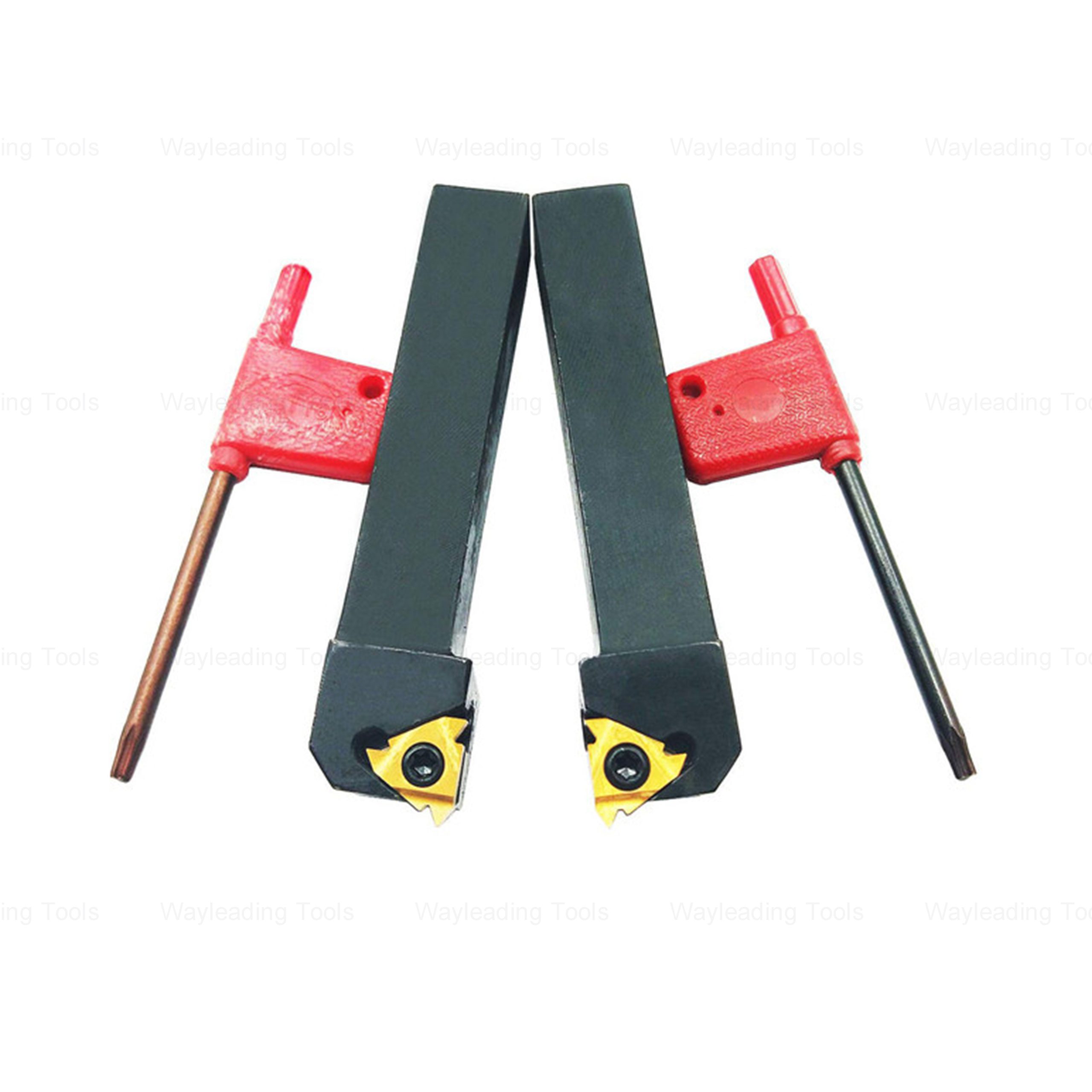 Indexable External Threading Tool Holder – SER / SEL, Metric & Inch
Indexable External Threading Tool Holder – SER / SEL, Metric & Inch -
 HSS Metric Plain Metal Slitting Saws For Industrial
HSS Metric Plain Metal Slitting Saws For Industrial -
 Precision Dial Indicator Gage For Industrial With Jeweled
Precision Dial Indicator Gage For Industrial With Jeweled -
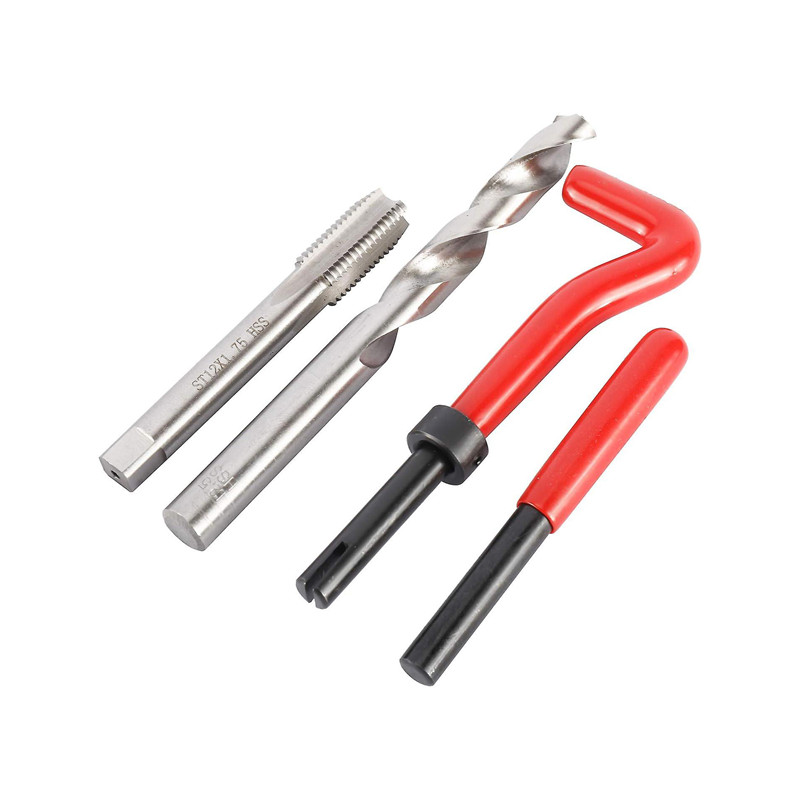 131PCS Thread Repair Set And Helicoil Type Thread Repair Set
131PCS Thread Repair Set And Helicoil Type Thread Repair Set -
 Precision IP54 Digital Outside Micrometer Of Inch & Metric With Data Output
Precision IP54 Digital Outside Micrometer Of Inch & Metric With Data Output -
 3 Flutes HSS Chamfering Countersink Drill bitl With 60 And 90 Degree
3 Flutes HSS Chamfering Countersink Drill bitl With 60 And 90 Degree -
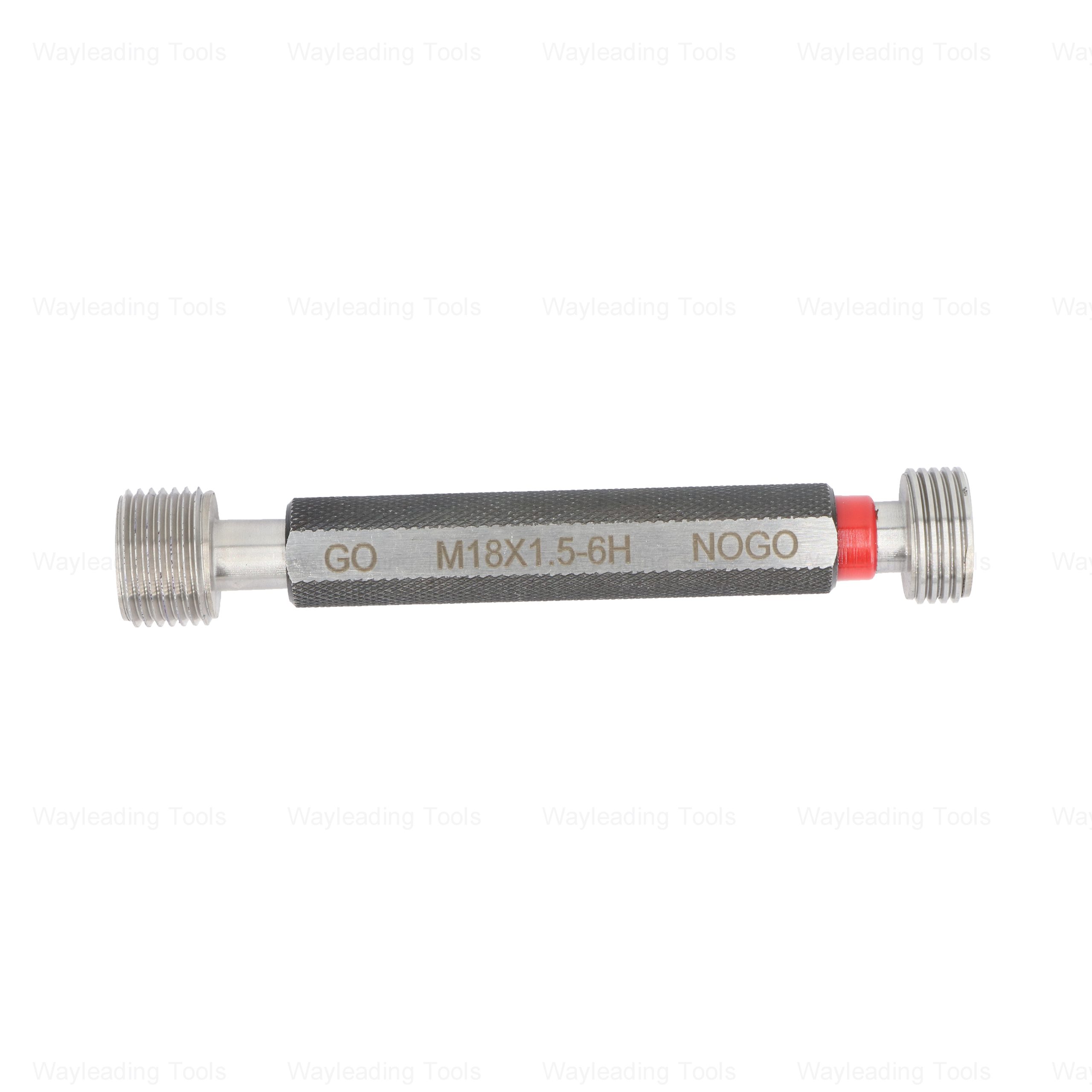 High-Precision Metric Thread Plug Gauge – 6H Class, GO & NO-GO Ends
High-Precision Metric Thread Plug Gauge – 6H Class, GO & NO-GO Ends -
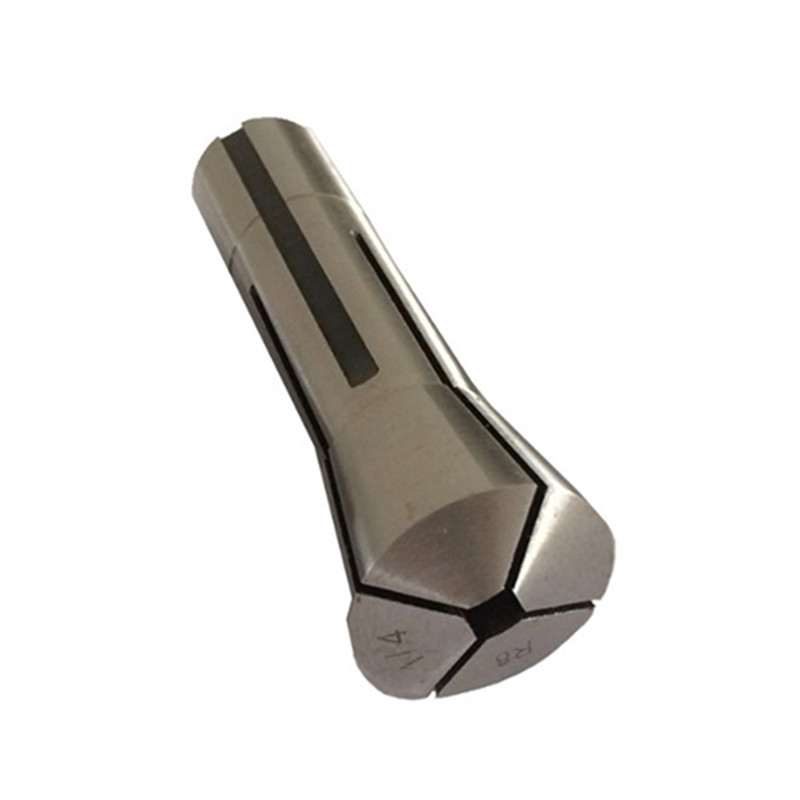 R8 Square Collet With Inch and Metric Size
R8 Square Collet With Inch and Metric Size -
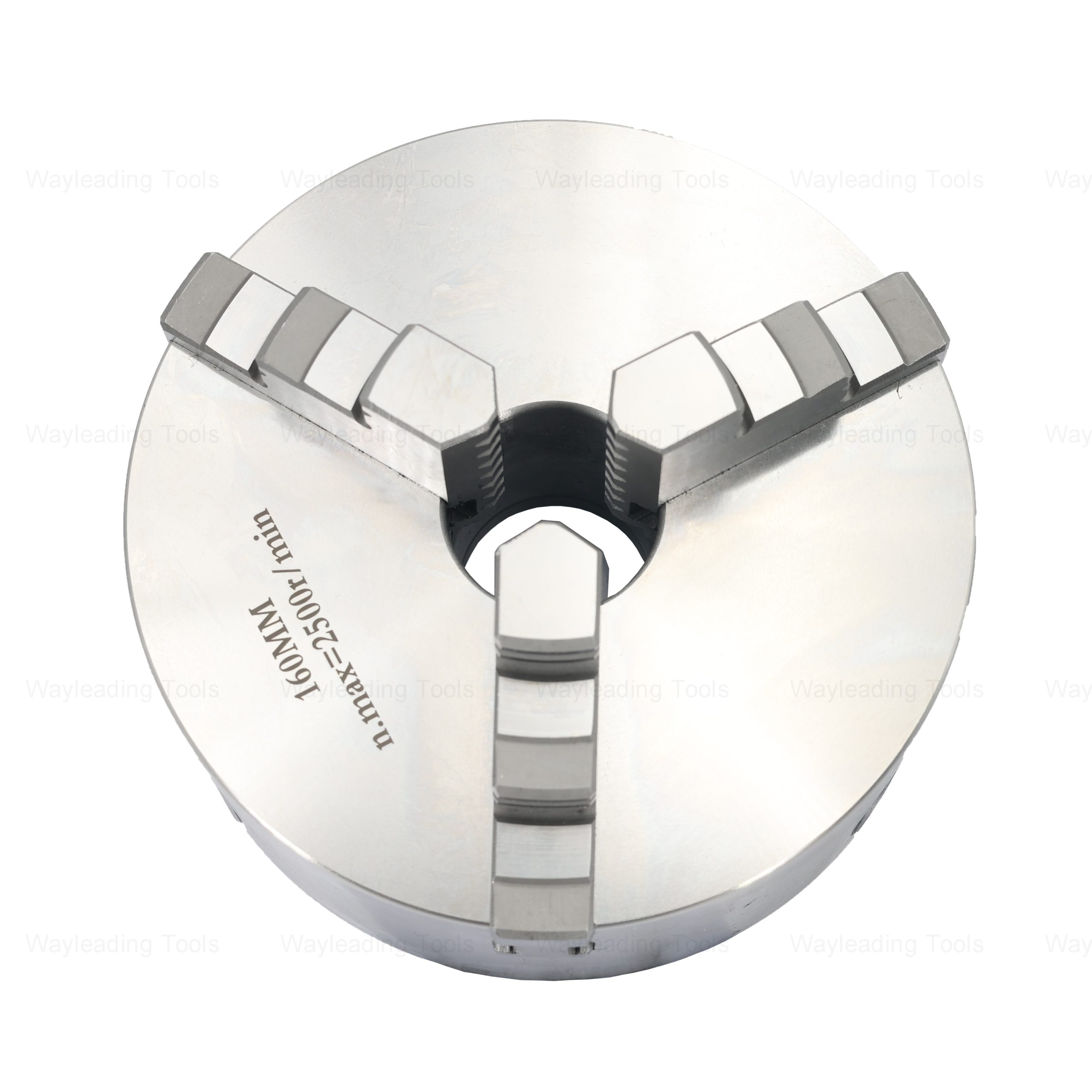 K11 Series 3-Jaw Self-Centering Lathe Chuck – Scroll Type, for Manual Lathes
K11 Series 3-Jaw Self-Centering Lathe Chuck – Scroll Type, for Manual Lathes -
 HSS Metric & Inch Dovetail End Mill With 45 And 60 Degree For Industrial
HSS Metric & Inch Dovetail End Mill With 45 And 60 Degree For Industrial -
 HSS Inch 4 Flute End Mills With Bright Or TiN And TiAlN Coated
HSS Inch 4 Flute End Mills With Bright Or TiN And TiAlN Coated -
 5C Square Collet With Inch and Metric Size
5C Square Collet With Inch and Metric Size

